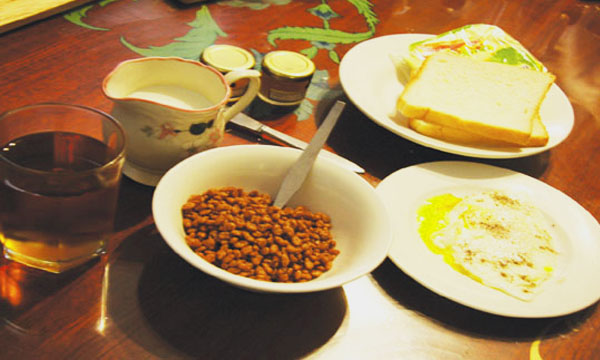For Muslims all over the world, Ramdan a perfect time for an ultimate detox of the mind, body and soul.
Every year, we get a golden chance via fasting in the Holy Month to get rid of bad eating habits and adapt to a healthier routine. Sadly, most people fail to seize this opportunity and instead gain weight due to binge eating.
There is a common belief that extravagant meals at Suhoor and Iftar are mandatory to have the strength to fast all day. However this not only defies the concept of self- control that Ramadan teaches us, it is also extremely harmful to our health.
With Ramadan falling during the hot summer month in Pakistan, it is important to maintain a nutritious lifestyle and make the most of the blessed days! Check out these useful tips for healthy, happy fasting this time around!
Say No to Skipping Suhoor
How appealing is the idea of missing Suhoor in favor of an uninterrupted sleep! But do you know skipping Suhoor is exactly what makes you feel lethargic and weak during your fast? Plus, it will make you eat excessively at Iftar, causing you to add inches to your waist.
Instead, take a catnap during fasting. Snack on something hearty and light to ensure you remain power packed for the day ahead.

Ditch the Addictions
Ramadan provides you with a brilliant opportunity to bid farewell to your unhealthy addictions.
As you will be abstaining from food and practicing self-restraint, quit obsessive habits that can pose serious health risks. From smoking to sheesha and even chocolate to caffeine, kick them out of your life for once and for all.

Stay hydrated
While it sounds a tad bit impractical to stay hydrated during fasting as it gets hard to follow the usual 8 glass rule., we assure you it is totally possible!
Indulge in juicy fruits like water melon, pineapple and citrus fruits along with veggies like cucumber, lettuce, spinach in your Suhoor-Iftar meals for they support strong water content in them. This way you will save yourself from dehydration in the intense heat.

Watch What You Are Eating
It is a must in Pakistani households that the Iftar platter should be brimming with oily pakoras, fatty samosas and other salty junk food. They will make your tummy feel great in the short run, but they become major causes of heartburn and diarrhea. Also, they make you feel sluggish and weary.
Be savvy with options like boiled egg, chickpea salad, vegetable soups, fruit smoothies and lassi. The best part is that it will all result in a pleasant surprise the next time you stand on the scale.

Don’t Overdo
You should know that a heavy meal in Iftar is the last thing your body wants to welcome after a long day of fasting. It makes you feel bloated and sleepy.
Avoid drinking too much water during meals, eat slowly and chew thoroughly. Cook lighter meals that are easy to digest and resist the temptation to fill everything in your belly.

Fix Your Work & Sleep Schedule
Rising early for Suhoor with your office the next day is indeed challenging. Smartly adjust your work and sleep schedule to ensure you get the rest you need.
This can be done with an early night sleep to awake fresh in the first part of the night for Suhoor. A power nap after Fajar will also do the trick and even keep you active at work.

Walk After Iftar
While working out becomes difficult during the month, light exercise such as walking for 15-20 mins will truly help you.
So take a walk after your Iftar meal or before Suhoor. Avoid it all cost during fasting as it makes you feel super thirsty later. The fresh air will revitalize your senses, plus that heaving feeling after eating will go away.

Aamir Liaquat Announces 20-Hour Long Ramadan Transmission on GEO TV






































